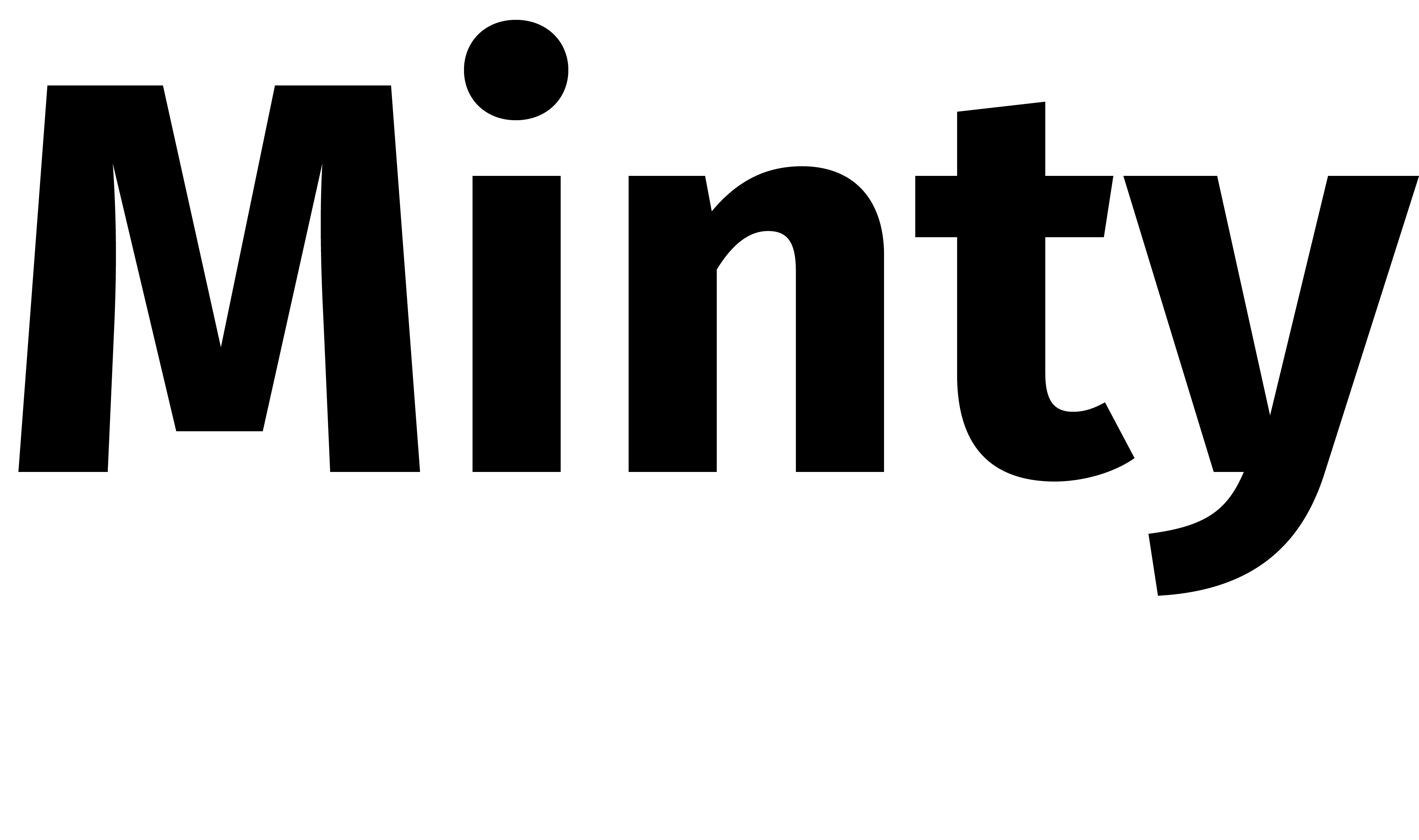If we’re all being honest, everyone has the tendancy to procrastinate once in a while. While some things in life can be left for another day without much consequence, there are things around your home that should be addressed as soon as they become evident. The last thing you’d want here is to allow the problem to get worse and cost yourself more money in the long run.
Take Care Of That Roof Leak
The roof keeps everything safe from rain and snow in most homes, so if it falls apart, every room becomes vulnerable to water damage or more. For one, a leaking roof can cause water damage to your home, which can be expensive to repair. When you have a leaking roof, it can lead to the growth of mold and mildew, which can potentially cause respiratory issues.
Fix Cracks In Walls
Your walls may not look like much, but they’re the foundation of your home. And if you don’t take care of them, it can lead to severe structural issues later on. The cracks in the wall can lead to more severe problems with mold or other pests that could come into your home and make a mess of things. Plus, if you don’t fix the issue now, you will only have more significant issues later.
Repair Leaky Faucets And Toilets
Leaky faucets and toilets can waste a lot of water and lead to expensive repairs if they are not fixed quickly. Fixing these issues as soon as you notice it will help avoid further damage or wasted water. Besides, leaky faucets and toilets can lead to other issues, such as rusting or corrosion. If left neglected, it can also lead to mold and mildew issues, leading to further potential health risks such as asthma. Replacing faucets and internal parts of toilets because of corrosion is very expensive, so fixing the issue will save you a lot of money.
Replace Appliances
If you’ve been putting off replacing your old appliances, now is the time to do it. Old devices are more expensive to run, and they’re not as energy efficient as newer models. Today, the most recent devices save hundreds of dollars on utility bills every year because they use less power than their predecessors.











Comments